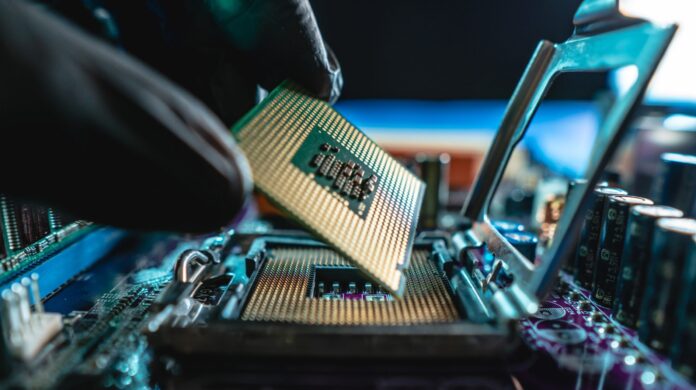The investment in the EU semiconductor market includes both public and private funds
The European Union (EU) this week approved a massive semiconductor and communication technologies project that will use roughly €8 billion ($8.6 billion) in state funds. The public investment encouraged another €13.7 billions ($14.7 billion) in additional private investment bringing the total investment in in the European semiconductor supply chain to around €22 billion ($23.6 billion).
Specifically, the EU approved 68 Important Projects of Common European Interest (IPCEI) from 56 companies in 19 European countries. The investment is part of the broader EU Chips Act, which was passed this April by the Council and the Parliament. The Act outlines ambitions to produce at least 20% of the world’s semiconductors by 2030, therefore reducing the EU’s dependence on foreign suppliers. In 2020, data indicates that the EU had a 10% share of the global microchip market.
“With the European Chips Act, the EU will address semiconductor shortages and strengthen Europe’s technological leadership. It will mobilise more than € 43 billion of public and private investments and set measures to prepare, anticipate and swiftly respond to any future supply chain disruptions, together with Member States and our international partners,” the European Commission states on its website.
Under the new IPCEI, companies will develop innovative device technology including dedicated processors, AI chips, programmable integrated circuits (FPGAs), embedded memory, chiplets, optical interconnects as well as equipment and materials. These products will be used in various sectors, from automotive to consumer IoT sectors to AI and edge-computing applications.

